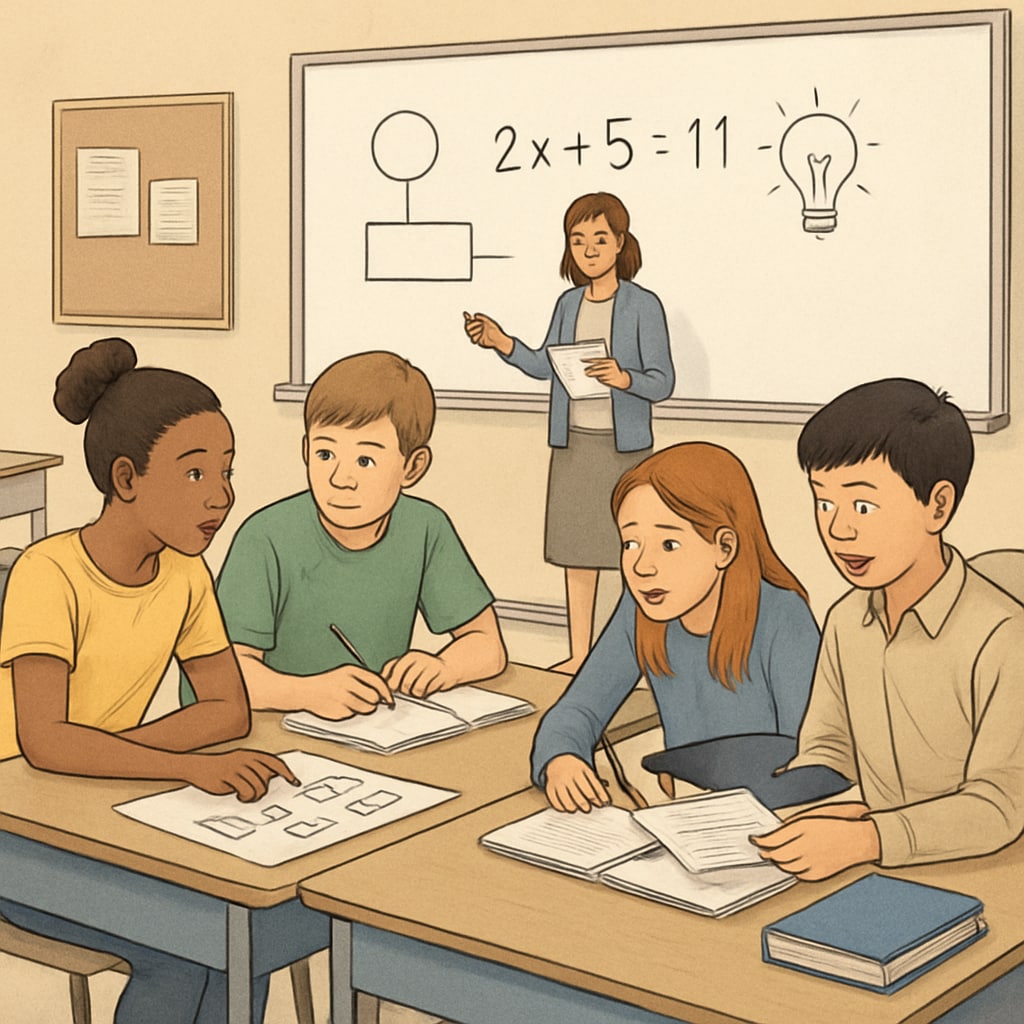For students across the United Kingdom, “GCSE results, academic anxiety, future prospects” often dominate conversations about education. These interwoven concerns reflect the significant pressure placed on young individuals to excel academically, with the belief that their future opportunities hinge on exam performance. However, this intense focus on grades often leads to heightened stress and impacts mental health. In this article, we explore the societal factors contributing to this anxiety, the consequences for students, and argue for a more balanced and holistic approach to assessing educational success.
Understanding Academic Anxiety: Beyond the Grades
Academic anxiety stems from the fear of underperformance and the perceived consequences of failing to meet societal expectations. GCSE results are seen as a critical milestone in the UK education system, often dictating access to further education and career paths. This emphasis on grades creates a culture where students feel immense pressure to achieve perfection.
According to a study conducted by the Mental Health Foundation, nearly 30% of secondary school students report experiencing significant stress during exam periods. This anxiety can manifest in physical symptoms such as headaches and insomnia, as well as emotional challenges like feelings of hopelessness or burnout. The root cause lies not only in the exams themselves but also in societal attitudes toward academic achievement.

The Impact of GCSE Results on Future Prospects
While GCSE results undeniably play a role in shaping future opportunities, their influence is often overstated. Many students internalize the belief that poor performance will permanently limit their career choices, leading to overwhelming stress. However, numerous success stories demonstrate that alternative pathways, such as vocational training or apprenticeships, can lead to equally fulfilling careers.
In addition, research indicates that soft skills—such as communication, adaptability, and emotional intelligence—are increasingly valued by employers. A heavy focus on academic performance overlooks these essential qualities, further emphasizing the need for a broader evaluation system.
Education experts argue that the current system disproportionately rewards rote learning and memorization, rather than creativity and critical thinking. As a result, students who excel in non-academic areas may feel marginalized, reinforcing the anxiety surrounding GCSE results.

Creating a Healthier Education System
To address the widespread issue of academic anxiety, it is vital to rethink how success is defined in education. A healthier, more inclusive system would focus on the following:
- Broadening assessment methods: Incorporating project-based evaluations, oral presentations, and collaborative tasks alongside traditional exams.
- Promoting mental health awareness: Schools should offer counseling services and workshops to help students manage stress effectively.
- Highlighting diverse career paths: By showcasing successful individuals from non-traditional educational backgrounds, students can feel empowered to explore alternative routes.
- Encouraging soft skill development: Integrating emotional intelligence training and teamwork exercises into the curriculum.
By implementing these changes, educators and policymakers can foster a culture where students are valued for their unique abilities, rather than solely for their exam results.
Conclusion: Redefining Success Beyond GCSE Results
While GCSE results, academic anxiety, future prospects remain critical topics for students, it is essential to recognize that academic performance is only one aspect of success. By addressing societal pressures and embracing a more holistic approach, we can alleviate anxiety and create a system that prioritizes student wellbeing and long-term growth.
For students and parents navigating this challenging period, it is worth remembering that grades do not define an individual’s worth or potential. As a society, we must work together to build an education system that celebrates diverse talents and empowers every student to thrive.
Readability guidance: This article uses concise paragraphs, clear subheadings, and a mix of lists and examples to improve accessibility. Transitions such as “however” and “in addition” ensure smooth flow between ideas.


